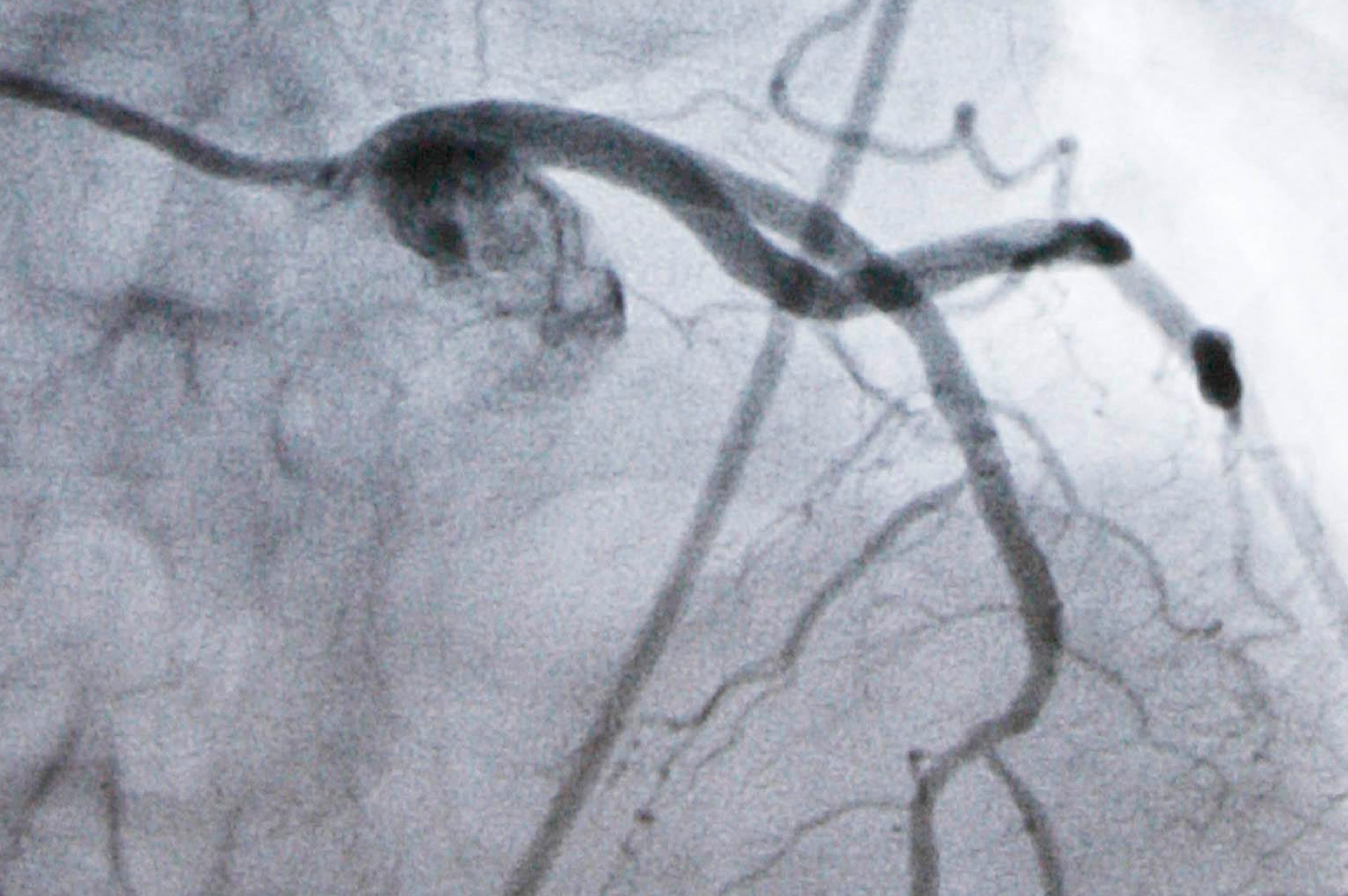Grady, Emory hep C breakthrough: ‘This device removes so many barriers’
Researchers from Atlanta’s Emory University and Grady Health System have helped push hepatitis C testing to new heights, participating in the creation of the first FDA-authorized point-of-care test for the virus. It’s a scientific breakthrough that could affect millions of Americans.
“Having this device removes so many barriers that prevent people from being diagnosed with hepatitis C,” Emory University School of Medicine professor Shelly-Ann Fluker, MD, told Grady. “Increasing how quickly someone receives a diagnosis will enable us to cure and prevent more people from dying. It’s definitely a game changer. The faculty, residents, and staff really embraced the project — everyone was so enthusiastic about their ability to contribute to such important work that we knew would directly impact our own patients, as well as patients nationwide.”
Xpert HCV provides test results within an hour, allowing potential HCV patients to get answers in real time through a pinprick blood sample. There is no vaccine for HCV, but it can be cured through antivirals. Diagnosing the virus traditionally requires several tests and multiple follow-up visits.
“These additional steps pose challenges to patients and create disruptions in the continuum of care, leading to a lack of diagnosis and administered treatments,” Grady reported in a news release. “But now, the newly available HCV test will revolutionize how clinicians manage the disease.”
Working with the National Institutes of Health Rapid Acceleration of Diagnostics Tech test validation center, Emory and Grady researchers began clinical studies on the test last year.
Teams at the Grady Liver Clinic began the initial study, serving as one of 15 places to enroll in nationwide clinical trials. Emory’s researchers, meanwhile, performed experiments to “de-risk” the cutting-edge test. Data amassed from the experiments were ultimately used in the test’s submission to the. Food and Drug Administration.
According to the Atlanta-based Centers for Disease Control and Prevention, up to 4 million Americans had HCV between 2017 and 2020. After more than a decade of spiking cases, the country experienced its first decline in acute HCV in 2022.



